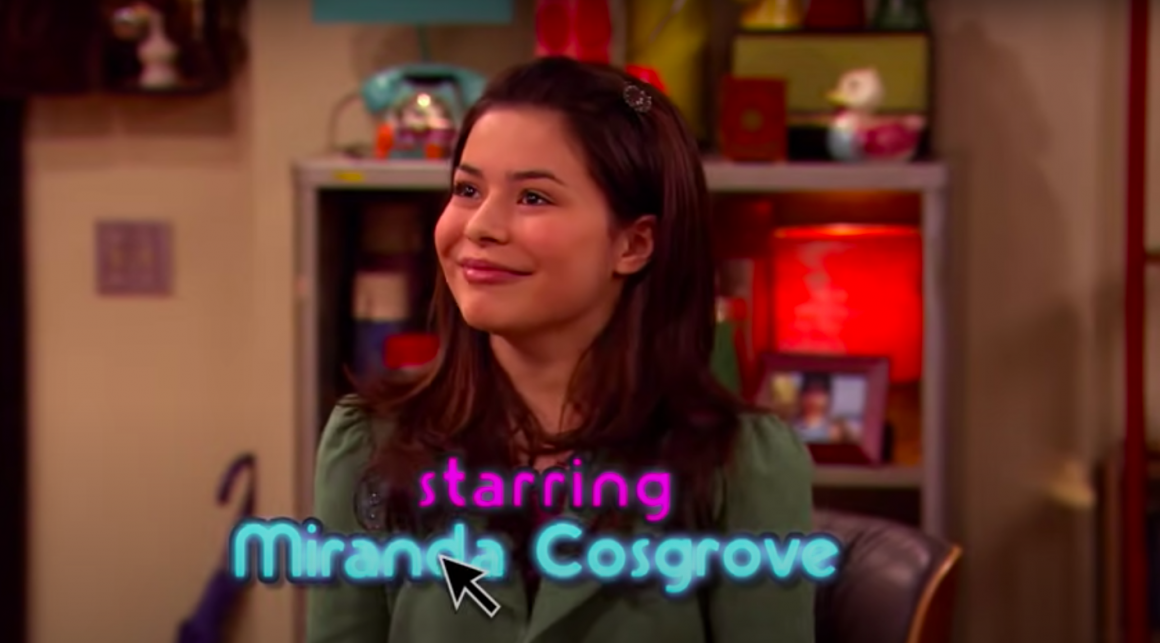
Worth Your Time?: Reviving a series isn’t easy
By Nicholas Cervania, November 30 2021—
The popular TV show iCarly, ran from 2007 to 2012, and is undoubtedly one of the most popular series the company has ever produced. In fact, four out of the top ten most viewed telecast premieres in Nickelodeon history are iCarly episodes. Capitalizing on the rise of popularity with the internet in the early to mid 2000s, iCarly saw main character Carly Shay (Miranda Cosgrove) hosting a webshow with her friends Sam Puckett (Jennette McCurdy) and Freddie Benson (Nathan Kress), out of her brother, Spencer’s (Jerry Trainor), Seattle apartment.
In December of 2020, it was announced that iCarly would see a series revival, and was released in June 2021. iCarly (2021) isn’t very good, but it’s representative of the issues a lot of TV series revivals suffer from.
To me, the biggest problem with the iCarly revival is that it can’t decide on which audience it wants to appeal to. The original show was targeted towards teenagers and young children and while this series carries the same plot structure and tone, it also has profanity and sexual content — something clearly not suitable for children. The show’s growth is artificial, it’s older but without being more mature.
The way I see it, there are two ways to revive a series. The first is to create a cash-grab, heartless, effortless endeavour aimed to target old viewers’ nostalgia and trick them into watching. Think of shows like Fuller House, which are basically almost identical to the original series, but feel anachronistic by today’s standards.
The alternative to this is to create something that not only improves upon the original, but can stand on its own as its own piece of work, while still being good. Something like Cobra Kai, or to a much lesser extent, Saved By The Bell (2020).
Yes, the characters in iCarly (2021) are older and they swear sometimes, but the overall tone and themes of the show are the exact same. For a revival to work, a series has to mature alongside its audience. Otherwise most older fans will lose interest and younger fans won’t be able to relate to it. The show ends up only appealing to a very small subset of the population — nostalgic fans eager to return to their childhood.
I’m not saying I wanted a gritty and dark Riverdale-esque shift in tone, but I wanted something more interesting than this.
It would have been more interesting to see how Carly, Freddie and Spencer have changed since the finale of the previous series. The show ended nine years ago and while they talk about what they did since then, they’re still the exact same characters and act the exact same way they did the last time we saw them. Carly is still an easy-going boy chaser, Spencer is still an eccentric wacky artist and Freddie is still a tech nerd momma’s boy. While Freddie has a daughter now, fatherhood hasn’t changed his character at all. There isn’t anything new that the revival adds to these characters.
Compare this to Cobra Kai, where it’s clear that each character has grown and matured since, because of the events from the original series. Johnny Lawrence is still a bit of a stubborn hothead, but because his life has turned into a downward spiral, these traits have regressed, leaving him fairly broken and directionless.
In contrast, Daniel Larusso has gone from a plucky young kid to a rich and successful businessman with a family. It’s clear that the lessons he learned from Mr. Miyagi have influenced his choices and shaped him into the man he’s become. What elevates this character writing is that most of it is shown visually through their actions, as opposed to having the audience told outright through bad expositional dialog. It helps that the tone of this series is much more mature compared to the original.
It’s clear from the beginning that the point of the story is to recontextualize the events of the original series and make the viewer question if morality is truly binary in nature — the narrative has a point, it has a reason it’s being told. The same cannot be said for the iCarly revival.
Reviving a series should not be easy. When a series ends, it usually does a good job of completing character arcs and tying up loose ends. Why fix what isn’t broken? Does this story need to be told? Does this story add to the original series in a meaningful way? Or does it simply rely on the success of the original series to capitalize on viewers’ nostalgia? I think if studios asked themselves these questions before pitching a concept, we’d see a lot less boring, low-effort, cash-grab TV series.
